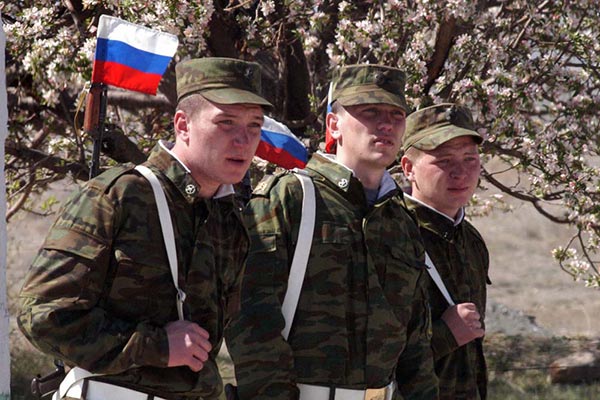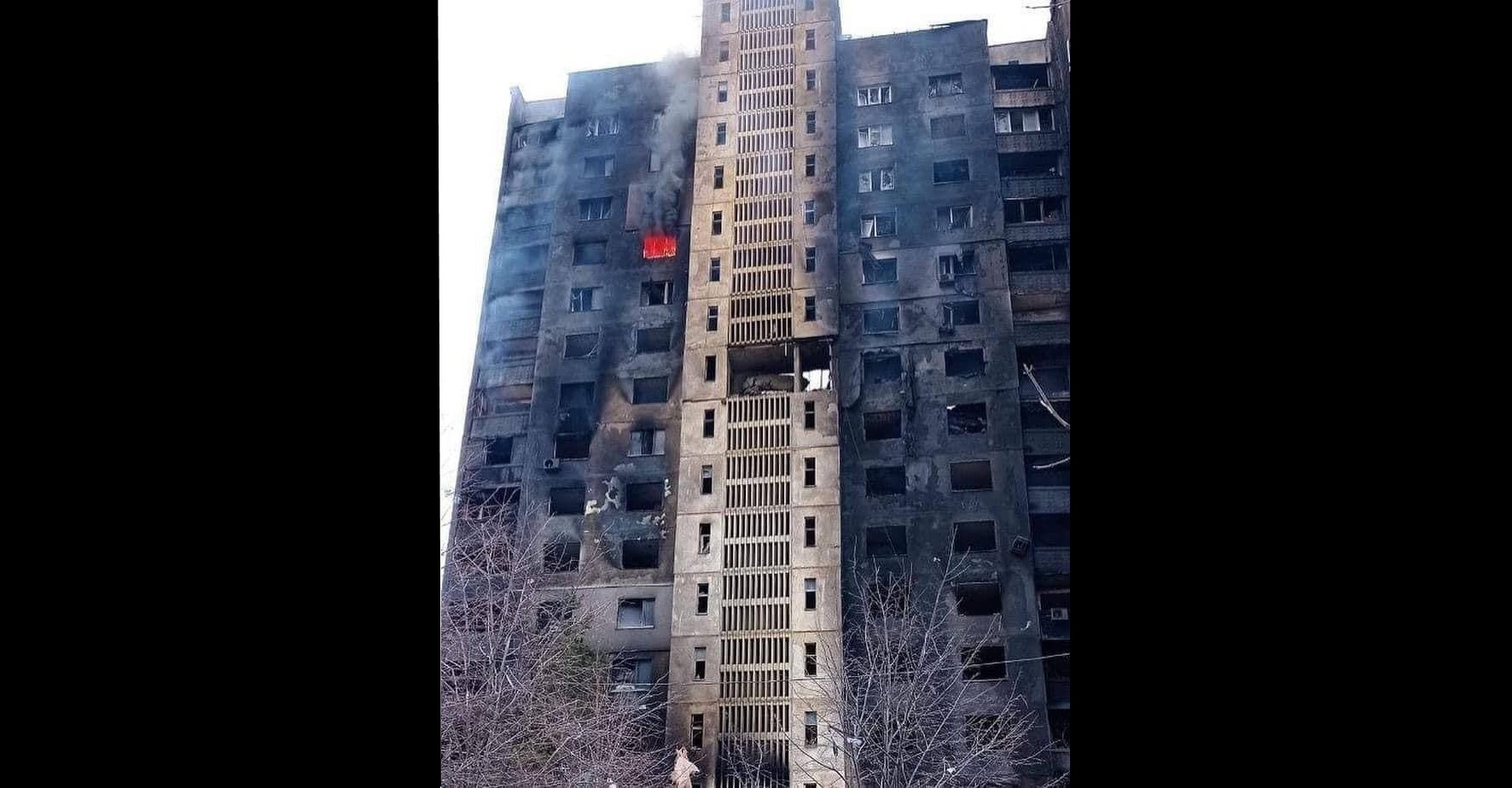The post-Soviet world is entering its own version of 1968, Aleksandr Shmelyev says, “and everything taking place in Armenia, Belarus, Moldova, Ukraine, Russia and so on can be conceived as a wave of ‘secondary anti-communist revolutions,’ as attempts to put the authorities under the control of society.”
In 1968, 23 years after the end of World War II, “a new generation of Europeans who were not satisfied with the post-war level of civil rights and freedoms appeared,” the Moscow commentator says. Now, 24 years after the end of the USSR, a new generation has appeared with the same anger and the same goal.
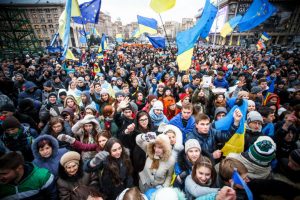
“Despite 24 years of a divided history and anything but simple relations among the post-Soviet states, Shmelyev says, civil society encounters in them approximately one and the same set of problems.” Among these are “weakly developed democratic institutions, an appalling level of corruption, unjust laws, the absence of an independent judicial system, insane income differentiation, the treatment of the political opposition as ‘enemies,’ intolerance to minorities, and torture in the police and penal system.”
At the same time, however, he continues, over this almost quarter of a century, “under conditions of relative freedom and inclusion in the globalized world have appeared a sufficient number of citizens who disagree with such arrangements but do not have the opportunity to change them by political means.”
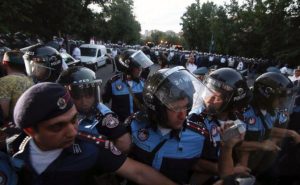
According to Shmelyev, “the Internet is allowing those protesting from Mensk, Kyiv, Moscow, Yerevan and so on to be in constant contact with each other, to share experiences and to support one another.” In the post-Soviet space, this is facilitated by the fact that there is as yet no real language barrier: most of these communications are in Russian.
Consequently, “if one can speak about ‘a Russian spring’ in the social-political sense, then only in this context as a series of mass protests against post-communist authoritarian hybrid systems. Then, analogies with ‘the Arab spring’ appear completely logical,” the Moscow commentator says.
“No one knows,” he says, how the current round of events in Yerevan will end. “In Tunisia, Egypt, Libya, and Ukraine, street protests grew into revolutions; in Thailand and Belarus, they were harshly suppressed… in Türkiye and Russia, the brakes were applied and a reaction followed; and in Syria, things descended into a long civil war.”
But if one considers these phenomena from a global perspective and not from a conspiratorial geopolitical one, “it is almost obvious that the future of each of the post-Soviet republics lies with those who are now protesting in the streets.” They have the advantage over those in power generationally and in terms of education.
And consequently, Shmelyev says, “sooner or later, Lukashenka, Nazarbayev, Putin, Sargsyan, Aliyev, and Karimov will pass into history together with the systems they have created. The question involves only when and at what cost in victims.”
Shmelyev’s optimism comes placing events in the post-Soviet states within a broader context (there have been mass civic protests in almost 80 countries since the beginning of the global crisis in 2008) and from three characteristics the post-Soviet cases share with the others.
First of all, he says, “contemporary protests do not need leaders and organizers.” Consequently, parties and trade unions play very little role in them and “cannot take them under control.” Horizontal ties are more important for the protesters, and they are suspicious of any vertical organization.
Indeed, he continues, “the agora of modern times does not need representation; its strength is in the absence of leaders whom the powers that be can so easily intimidate, deceive, buy off or isolate.”
Second, those protesting are not supporters of any particular ideology. They may “advance some specific demands,” but “at a deeper level they are typically moved by a global dissatisfaction with the authorities whom they view as backward and out of date.”
And third, Shmelyev says, this means that “the occasion for mass civic protests in our time can be almost anything,” including what many might think are minor or marginal issues. That makes these protests “practically impossible” either to predict or prevent, and it also means there will continue to be more of them.




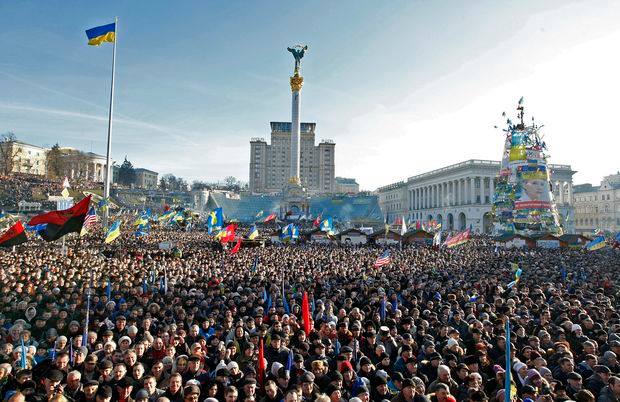
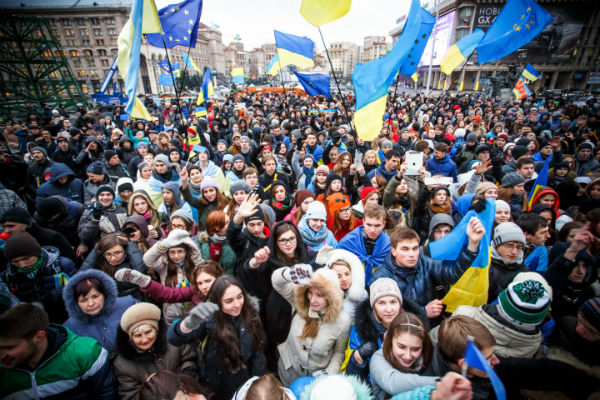
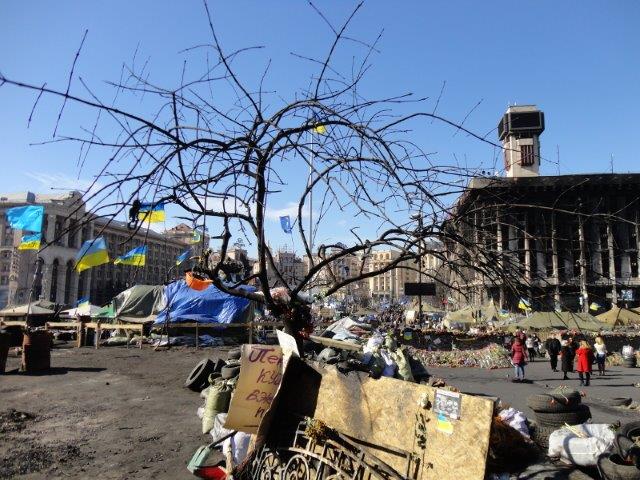
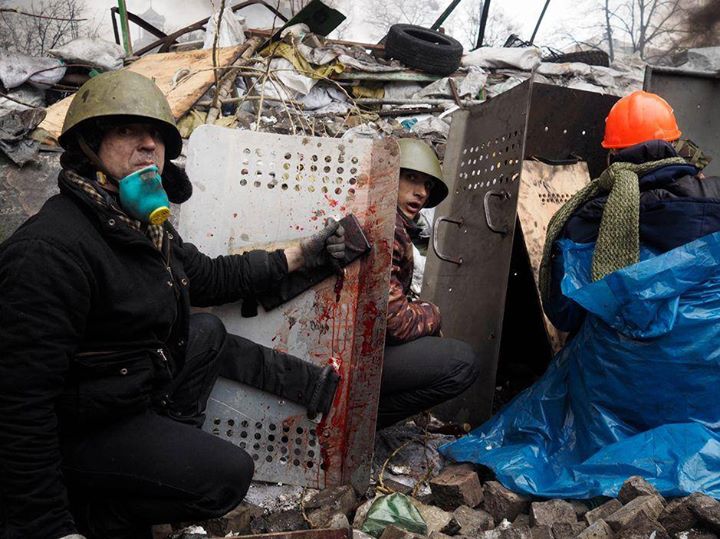
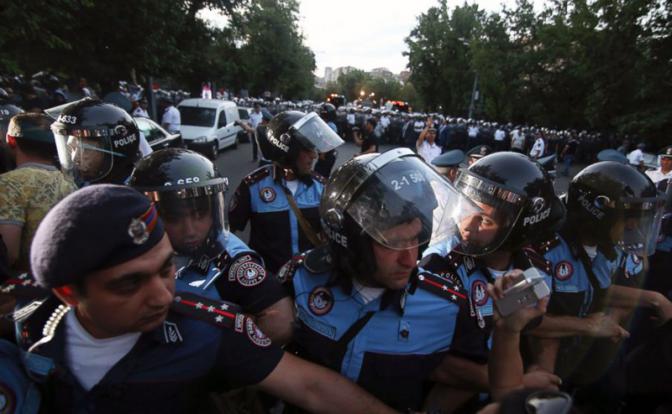
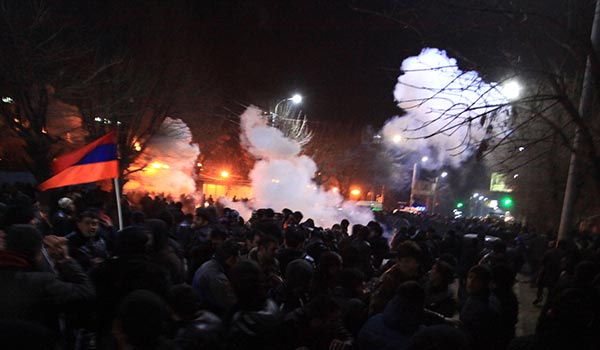
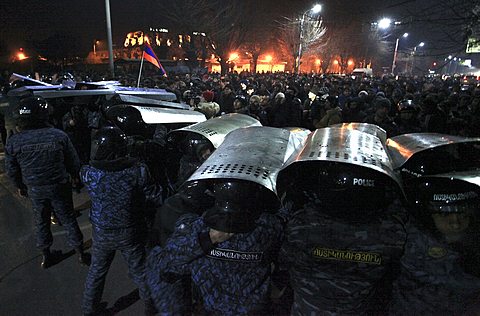
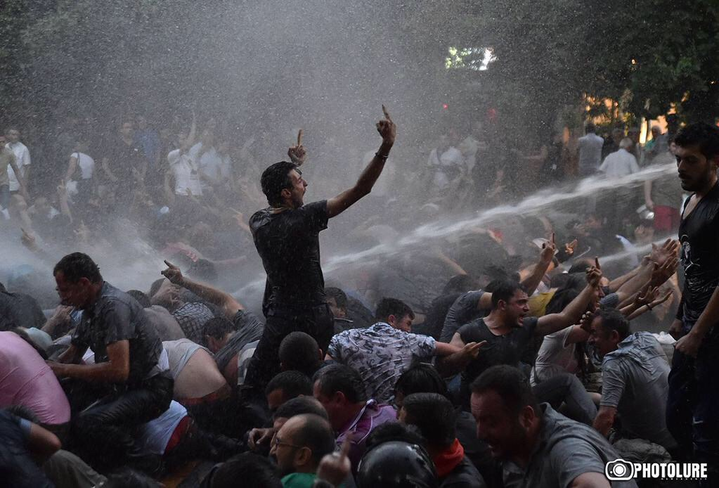
![A "Pussy for Putin": In 2010, 17-year old Alisa Kharcheva in a group with other 11 students and would-be students of Moscow State University starred in an erotic calendar for Putin's 58th birthday as Miss April. In 2012, Kharcheva posted these photographs with a cat and Putin portraits in a personal blog post entitled "Pussy for Putin." Then she sent a formal notice to Putin’s office and posted her phone number on her LiveJournal entry just in case. “Until Vladimir Vladimirovich decides to pick up his [birthday] gift, the kitty will live with me,” she wrote. According to Reuters, in 2015, a business associate of Arkady Rotenberg, a close friend of Putin, transferred into her possession an apartment in a smart gated complex in a desirable part of Moscow. She was 23 at the time. (Image: Alisa Kharcheva)](https://euromaidanpress.com/wp-content/uploads/2017/01/Kharcheva_0411.jpg)
